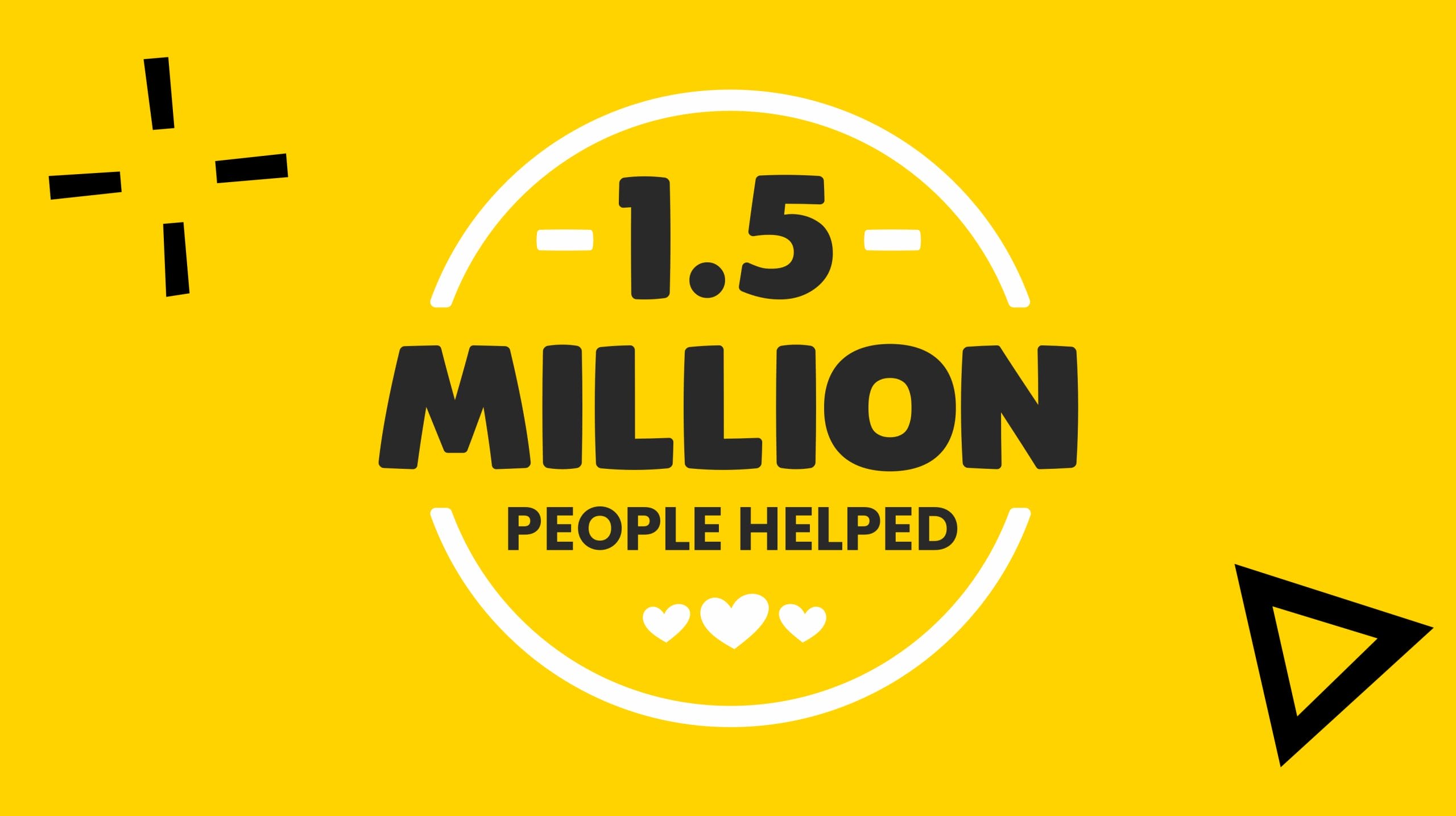- 34% increase in people helped in winter year-on-year
- Energy prices still 40% higher than pre-crisis
- Charity reaches 1.5 million milestone
Please Rotate Your Device
Number of People Helped by Fuel Poverty Charity Soars
May 23, 2024

Number of people helped by fuel poverty charity soars
A record number of people needed help to pay for their energy last winter, according to new figures from fuel poverty charity Fuel Bank Foundation.
A total of 331,042 people across England, Scotland, Wales and Northern Ireland received an emergency fuel voucher from the charity between November 2023 and March 2024, as demand for support soared.
It is the highest number of people helped by Fuel Bank during winter since it was set up in 2017 and 34% higher than the previous winter’s total of 246,946, with households continuing to struggle with energy bills.
Fuel Bank Foundation provides emergency support to people with prepayment energy meters who are in fuel crisis. If a household runs out or is at risk of running out of credit and can’t afford to top it up, it can apply for an emergency voucher from Fuel Bank via one of its 790 referral partners.
In England, 183,752 people were helped by the charity last winter. Regionally, the North West recorded the highest number of people helped, at 39,236, followed by Yorkshire and the Humber (27,374), the West Midlands (24,487), South East (21,407), London (18,971), North East (18,608), the East (14,621), South West (13,242) and the East Midlands (5,248).
Across the rest of the UK, 96,942 people were helped in Scotland, 46,948 in Wales and 2,936 in Northern Ireland.
Matthew Cole, head of the Fuel Bank Foundation, said:
Each winter, we are seeing more and more people coming to us for help. As a small charity that’s dependent on donations, we are spending millions each year on providing crisis support to vulnerable and low-income households, plugging the gap in social provision.
Despite the price cap coming down and the positive rhetoric on energy prices coming from government, our experience suggests the fuel poverty crisis is getting worse, not better.
Last winter, at its peak, Fuel Bank Foundation helped more than 21,000 people in a single week and spent nearly £1 million a week on fuel vouchers to keep homes warm. To date, since the charity was set up, it has helped 1.5 million people.
Matthew said:
In the last year alone we have helped more than a third of the total people helped over the past seven years, such is the growing level of demand. With typical energy bills expected to still be around 40 per cent more than they were pre-energy crisis, and unlikely to return to ‘normal’ levels for some time, on top of higher food bills, increased rent and mortgage payments and paying off previously accrued debts, families are at financial breaking point.
We may be heading into the warmer summer months, that doesn’t mean the challenges households face in winter magically disappear. Yes, the heating may not need to be on as much or at all, but people still need credit on the meter to cook, take a bath or shower, use household appliances or power medical equipment. If the money isn’t there, something has to give, which sadly is the situation many of our clients find themselves in, whether it’s skipping meals, not showering or not washing clothes as often.
On Friday (24th May), Ofgem will announce the new energy price cap for July. Based on the current cap, which came in on April 1st, households prepaying for energy pay on average £1,643 a year.
Matthew added:
A further reduction in the energy price cap, as is anticipated this week when Ofgem announces the new level for July, will provide a small financial lifeline to millions of households across the UK. But it’s not enough. More help is needed from Government to support households at risk of fuel crisis, both now and in the future.
With a general election later this year, we need to have sensible discussions about the consequences of people living without energy and the impact this has on society as a whole.





